
Despite its polished look and feel, Raise Your Hand feels as raw and real as a documentary. There is an authenticity to the narrative twists and turns as well as the performances from all involved in its cautionary tale. Jearnest Corchado and Hanani Taylor lead the powerful ensemble as Gia and Lila, respectively. The characters are two childhood friends from struggling homes who are merely trying to survive their Midwestern high-school experience in the mid-1990s.
Written and directed by Jessica Rae, Raise Your Hand opens with Gia and Lila as youngsters, happily disengaged and unaware of the realities they are about to face. Flash forward to their teen years, where we find the friends much more jaded and cynical, as a cigarette hangs from Gia’s lips and Lila makes extra cash by selling her body. While their twinkling-light reality may have changed, but their dreams of a better future remain.
Their impoverished community is tenuously held together by a few tendons in the form of school officials who display a genuine concern for the students in their care. These stalwarts include Amaris (Joel Steingold) and Ms. Ramsey (Jess Nurse), who both act as surrogate parents on and off school grounds. The teens’ world is one of survival as poverty, broken homes, and police harassment are daily occurrences. It’s easy to see how school is more of a haven than a place for traditional applications of academics.
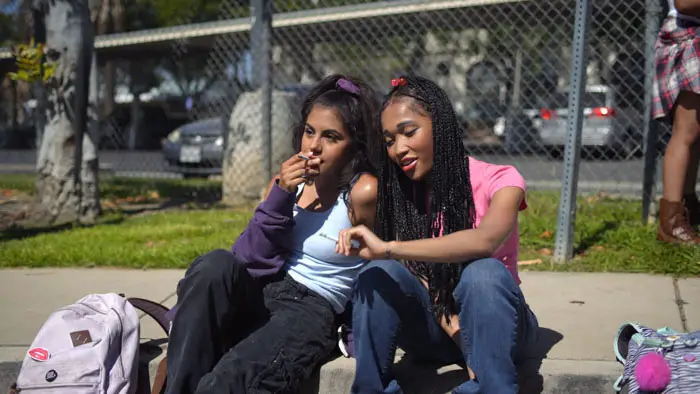
“…poverty, broken homes, and police harassment are daily occurrences.”
Gia keeps her nose buried in her journal, furiously scribbling her feelings and circumstances as an outlet from the chaos. She pens of Lila’s proclivities as well as her sexual assault from a classmate one night at a party. When Ms. Ramsey gets her hands on the journal in an attempt to get Gia to focus in class, she’s floored by what she reads and reaches out to the young girl in an effort to channel her emotions artistically.
Making her feature-length debut, Rae has written her characters with an edge often lacking in more mainstream fare. Gia and Lila are neither angelic nor malicious. They make poor decisions, they are temperamental, but they realize their value and worth. In other words, they feel like teenagers. The director also floods Raise Your Hand with the appropriate light level and frames her scenes to appear observant but never intrusive.
The situations in which Gia and Lila find themselves are never elevated to “trauma porn” and linger on-screen to squeeze out every drop of drama. Instead, characters are urged to move forward, little by little, making headway where they are able. In essence, much like what happens in real life. Corchado is required to undergo a wide swath of circumstances throughout the narrative and imbues Gia with an earnest sincerity that elevates Rae’s script. Taylor is equally as good, and they are surrounded by a cast that treats every word with authenticity and sincerity.
What could have unfolded like Dangerous Minds 2.0 comes across more like Jonah Hill’s heartfelt ode to the era mid90s from a female perspective. The strength of Raise Your Hand is in what it refrains from doing. That restraint makes its voice all the more authoritative.
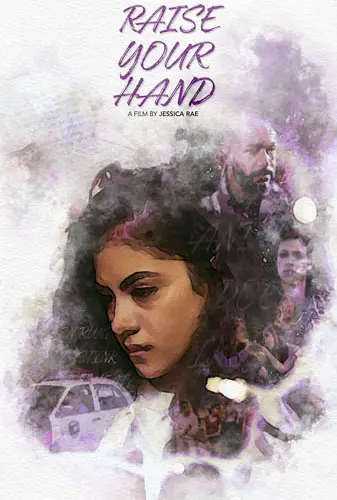
"…treats every word with authenticity and sincerity."
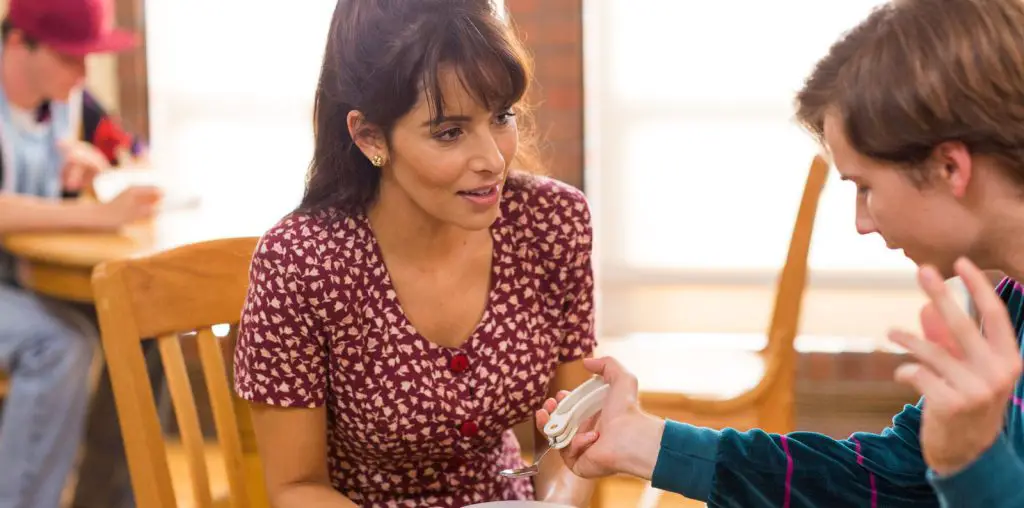
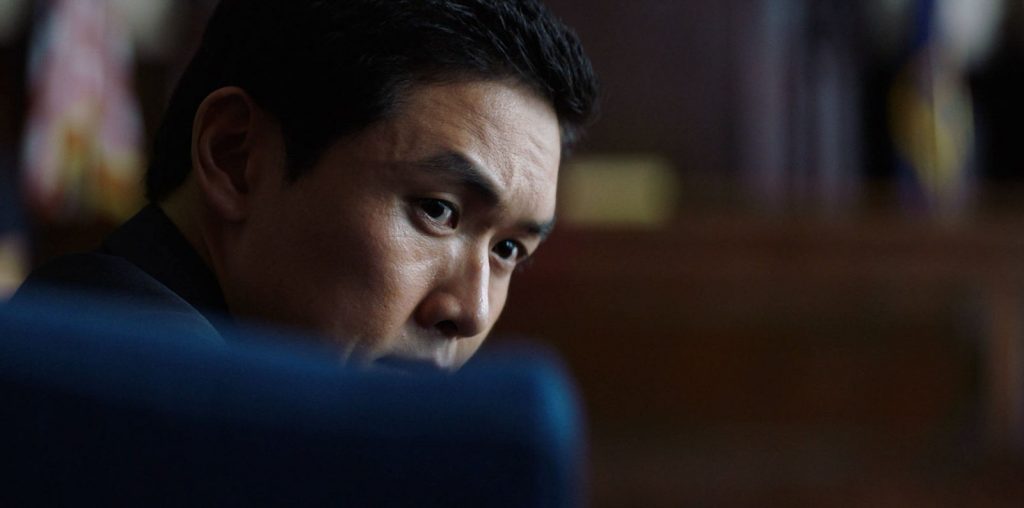
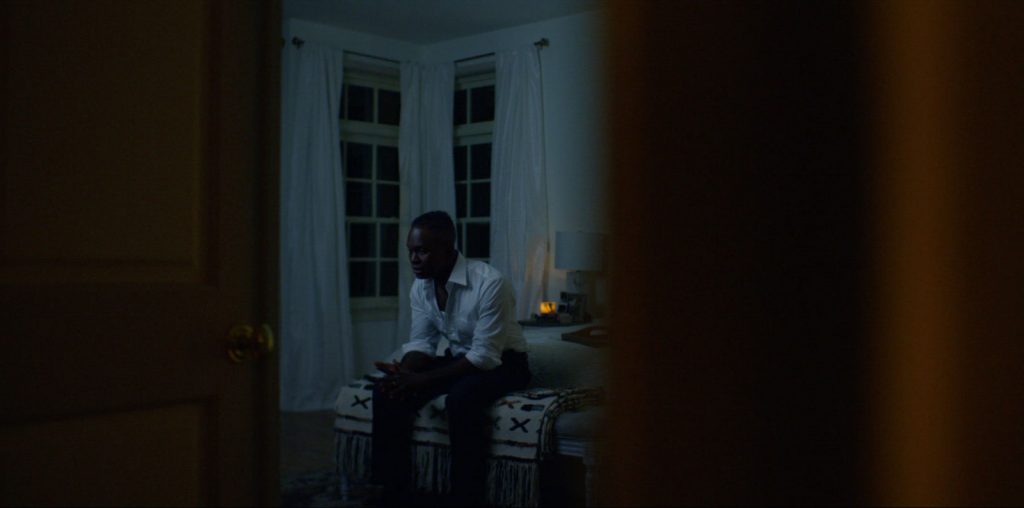
[…] post Raise Your Hand first appeared on Film […]